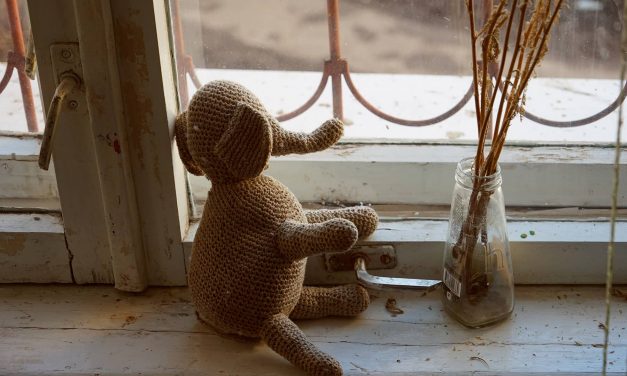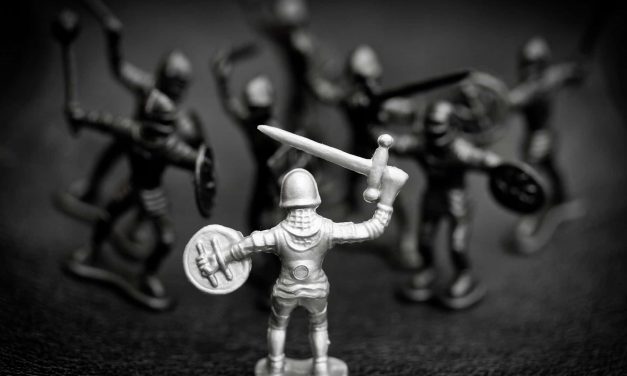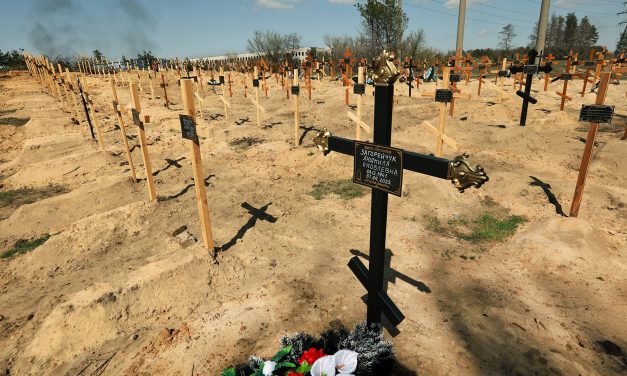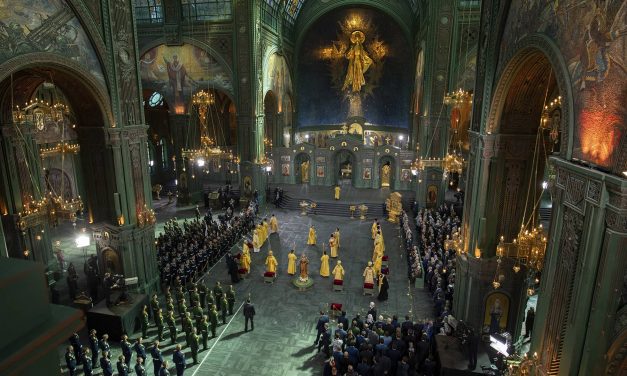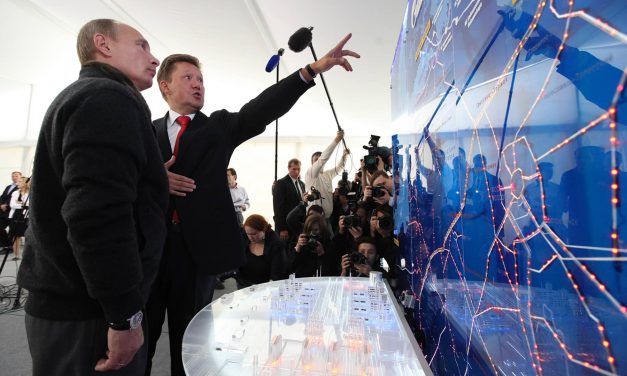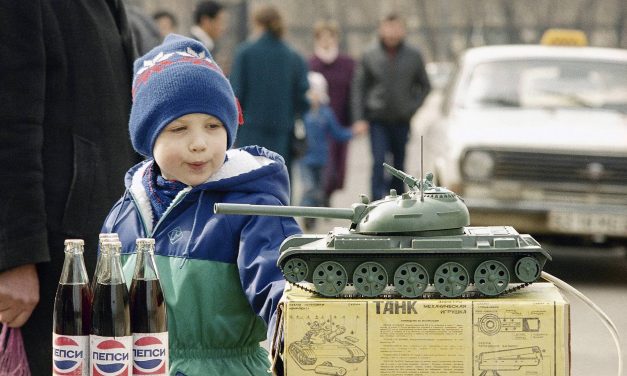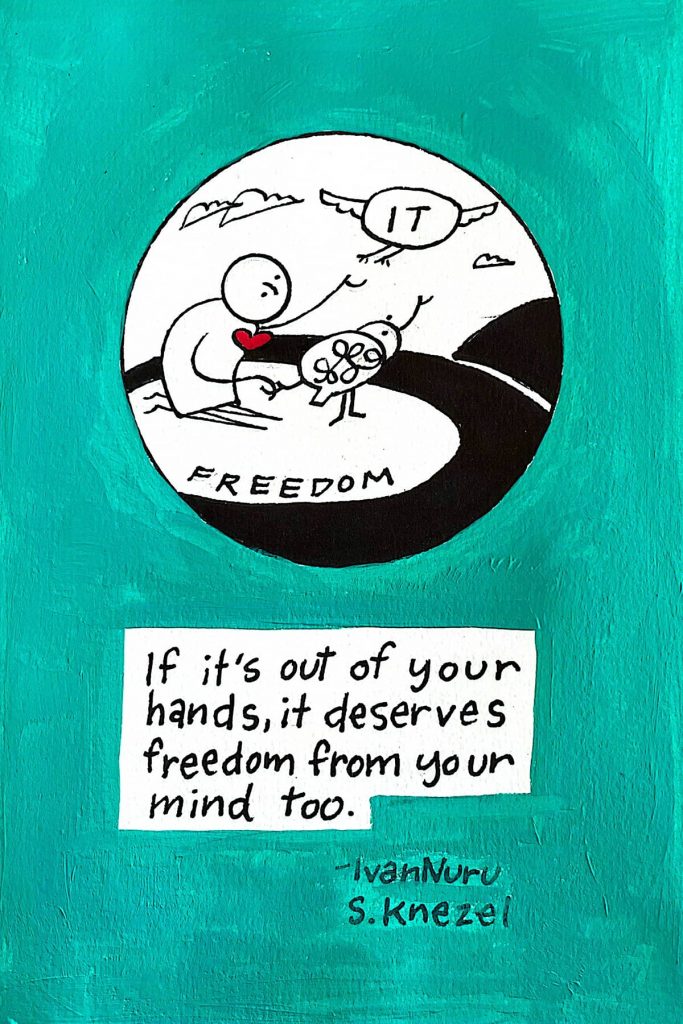Persistent Poverty: Our child welfare system is falling short of meeting needs due to overwhelming demand
By Astraea Augsberger, Assistant Professor of Social Work, Boston University; Mary Elizabeth Collins, Professor of Social Welfare Policy, Boston University Although government spending on the child welfare system totaled US$33 billion in 2018, the most recent year for which an estimate is available, it is still failing to meet all children’s needs because of overwhelming demand. Abuse and neglect investigations, foster care and the other activities and services that comprise the child welfare system can harm children and the rest of their families. Communities of color are the most susceptible to this damage: 37% of all children – including...
Read More
